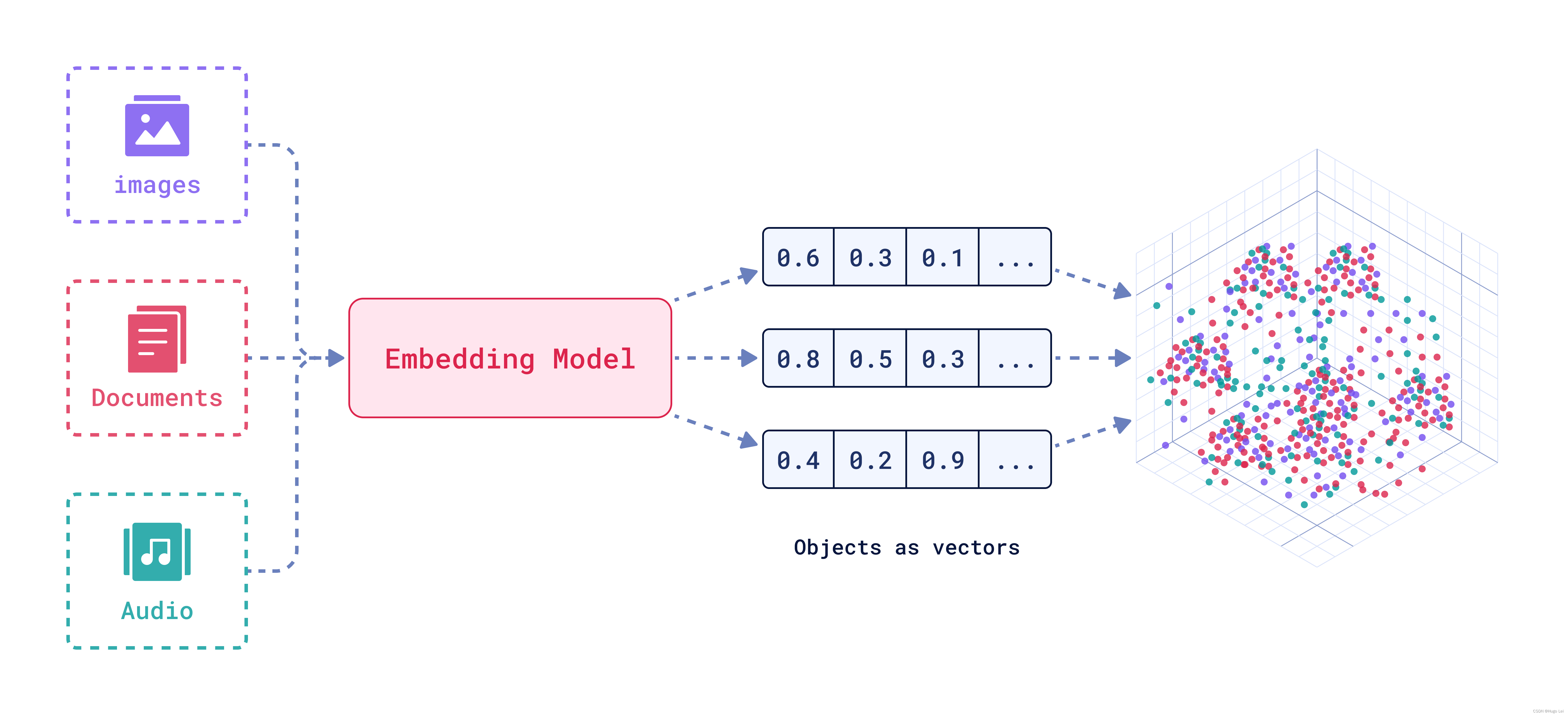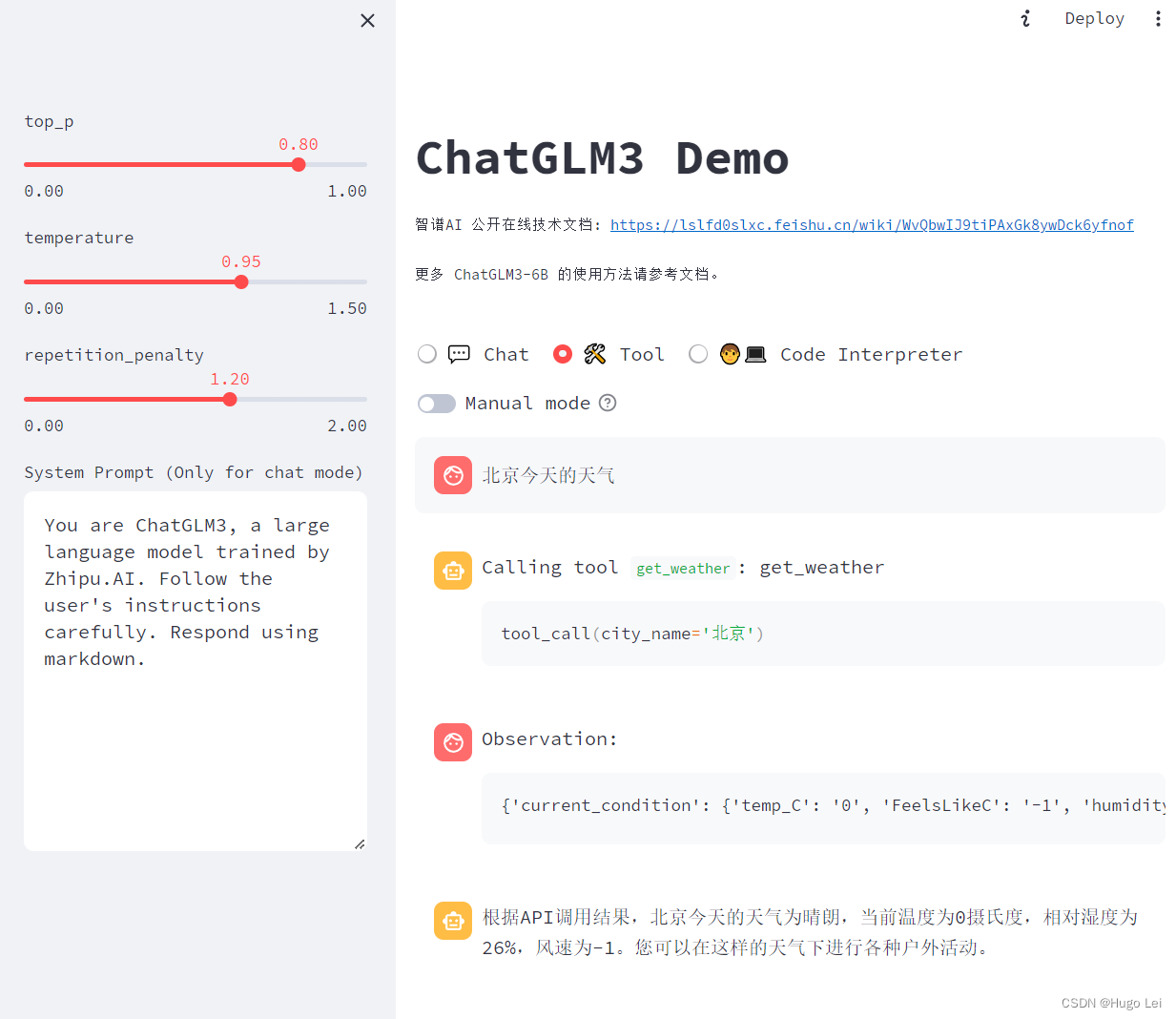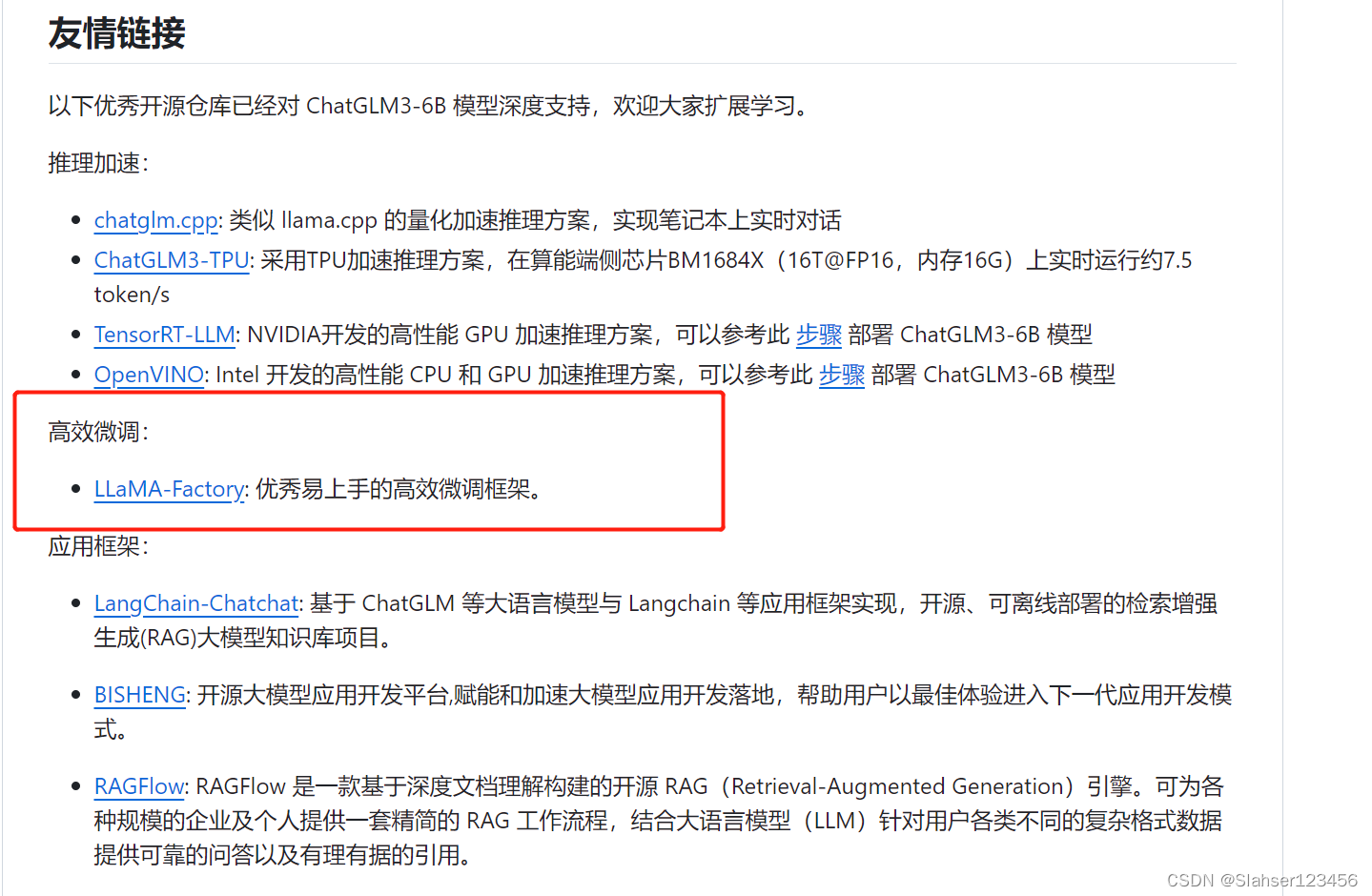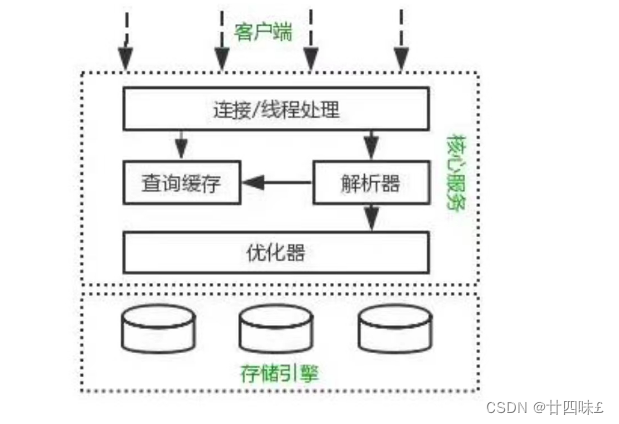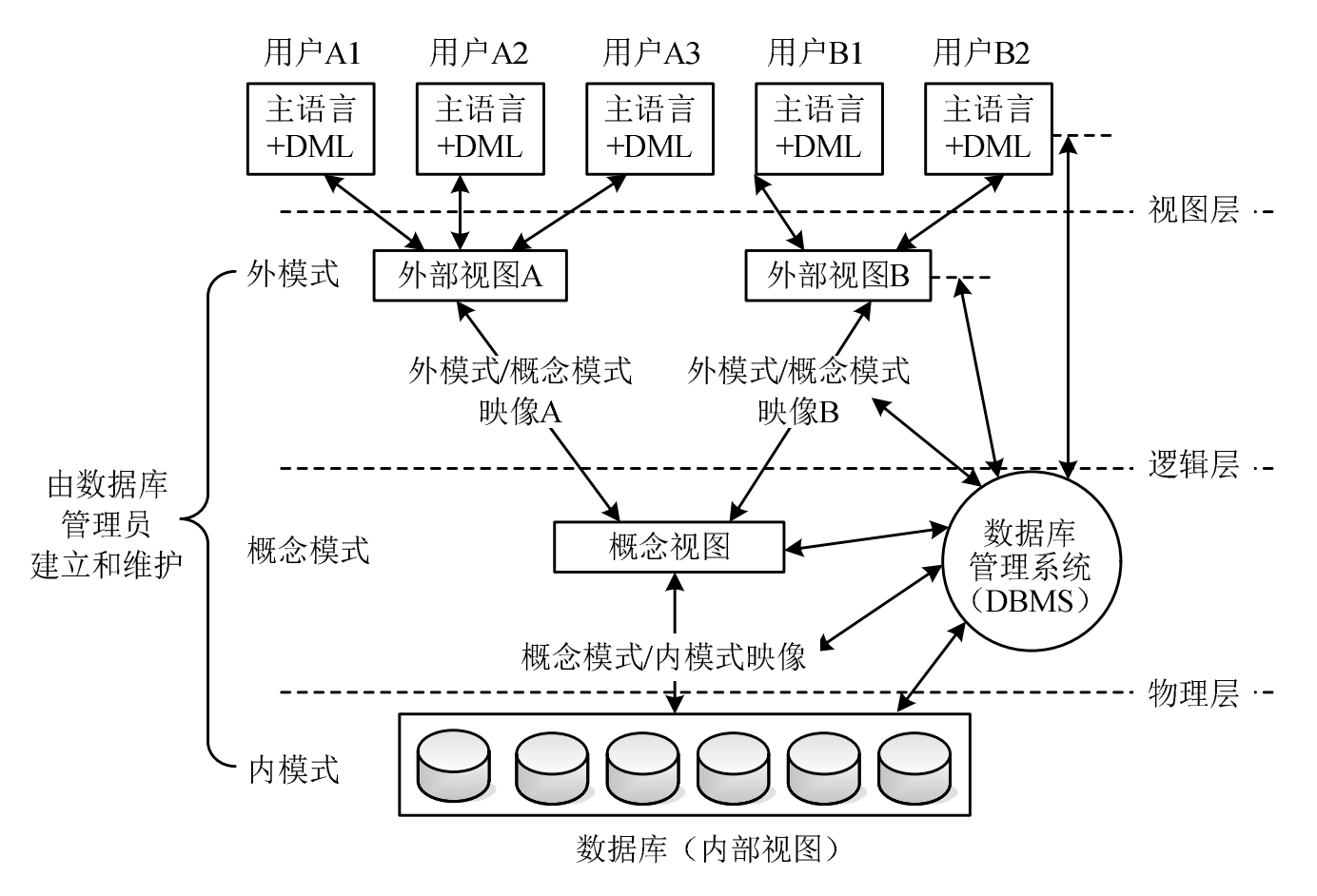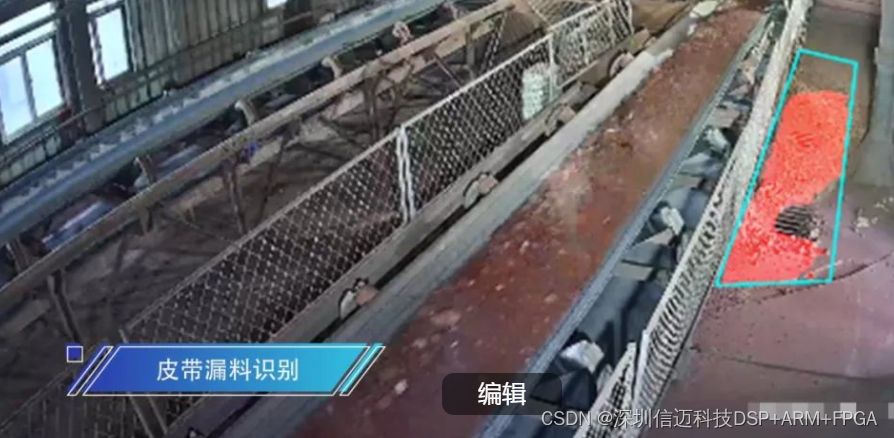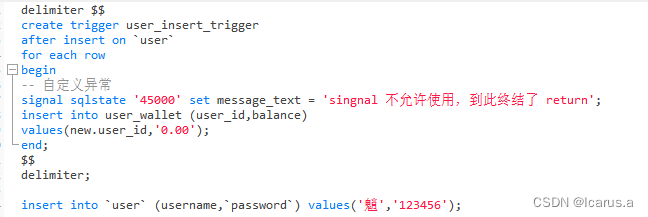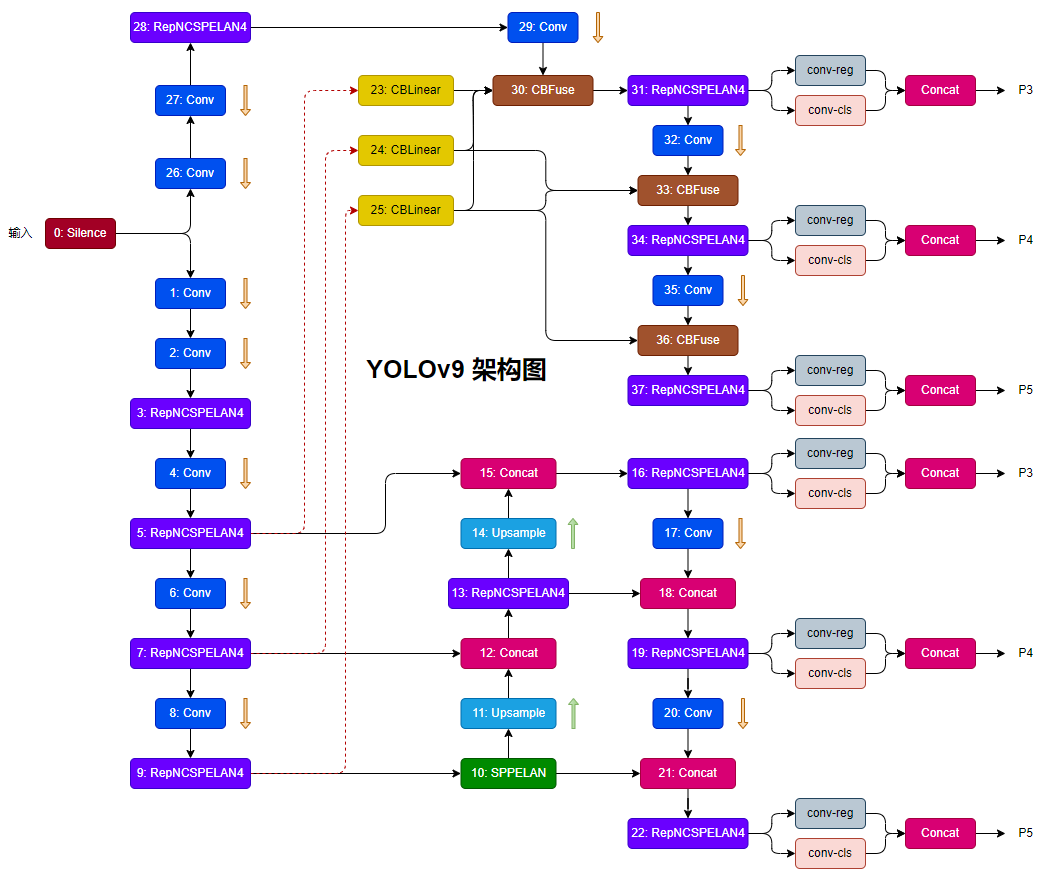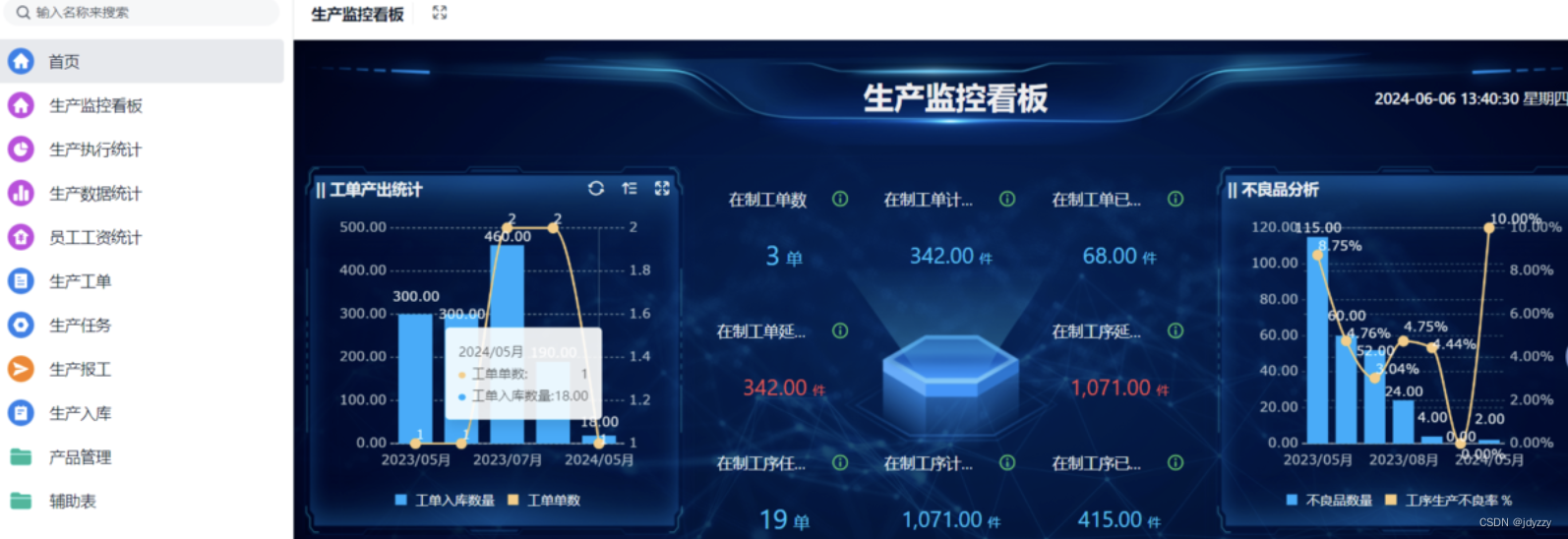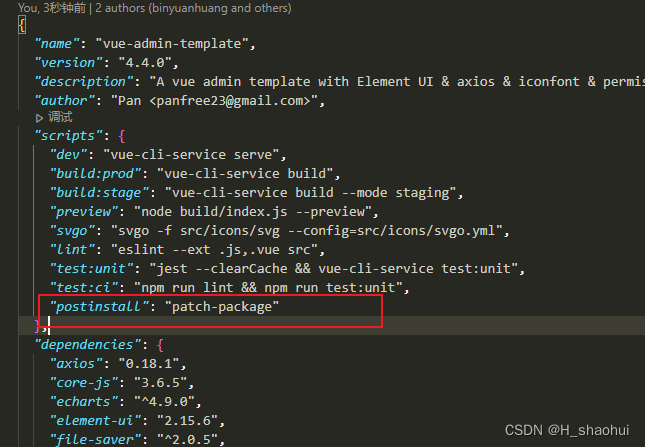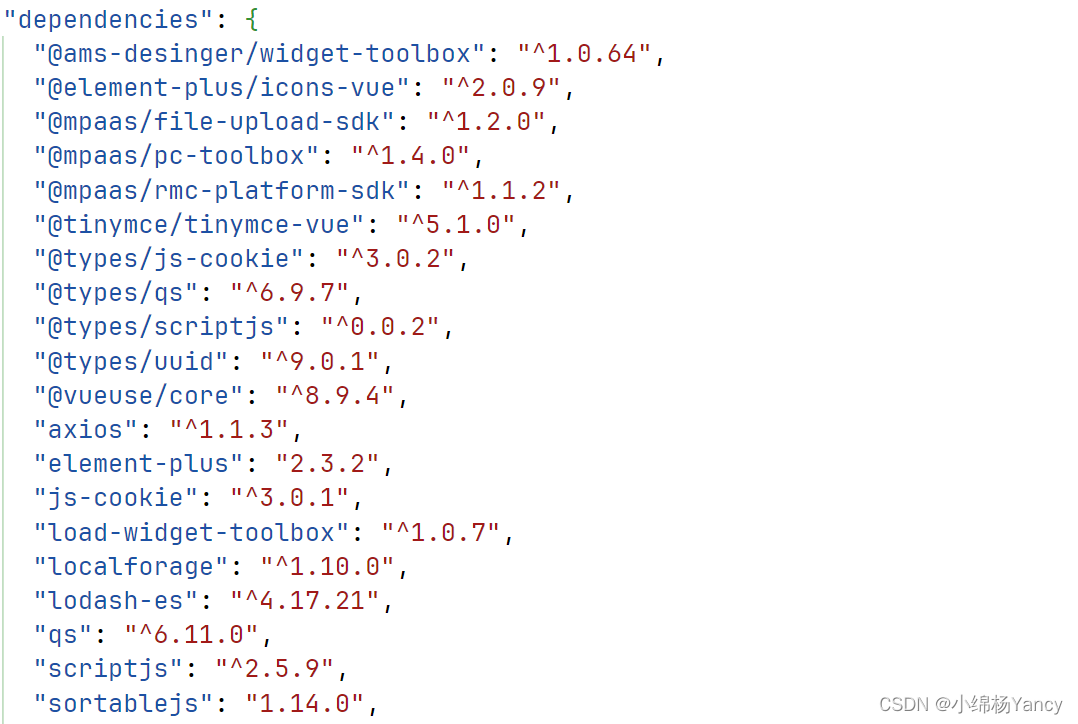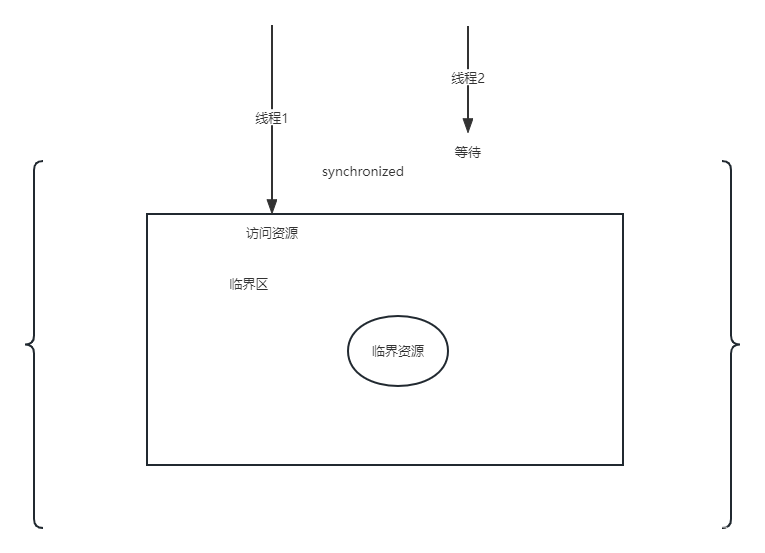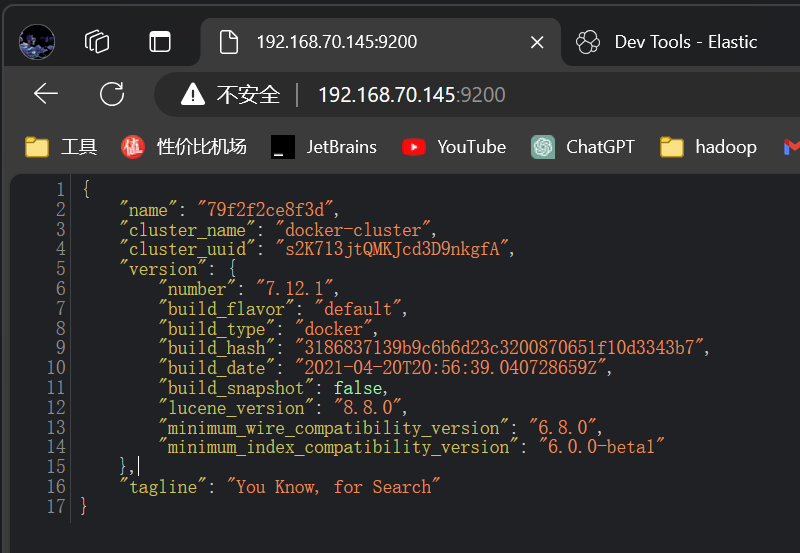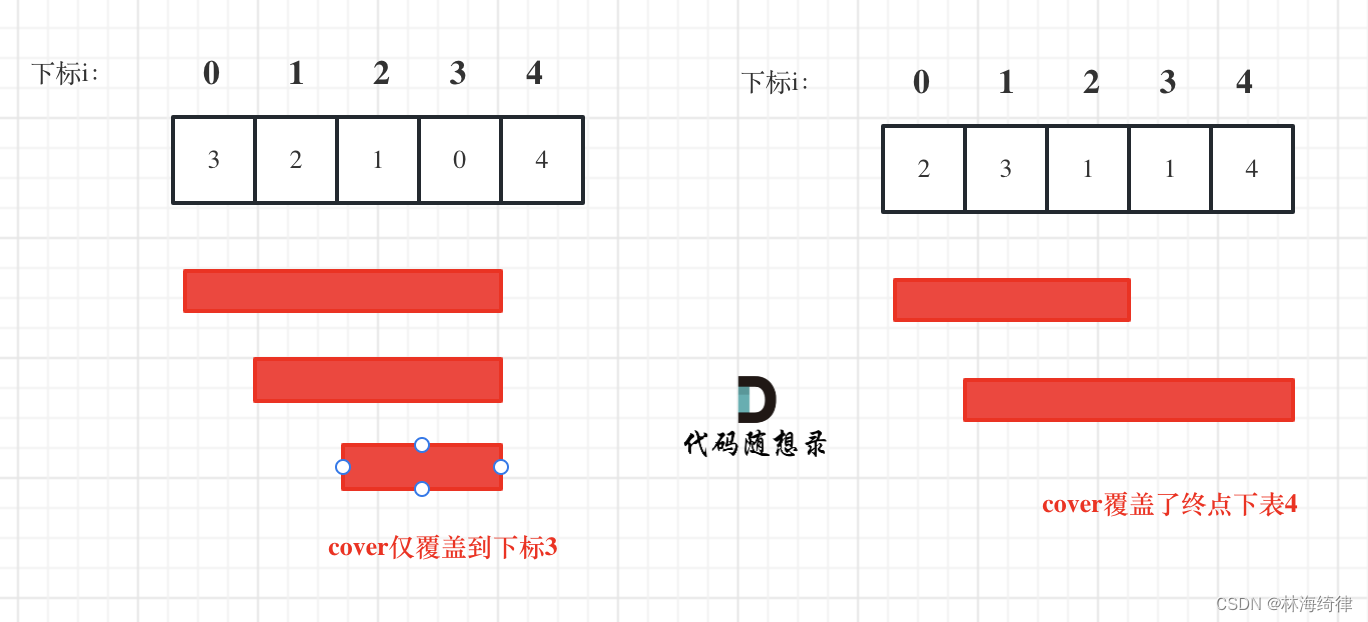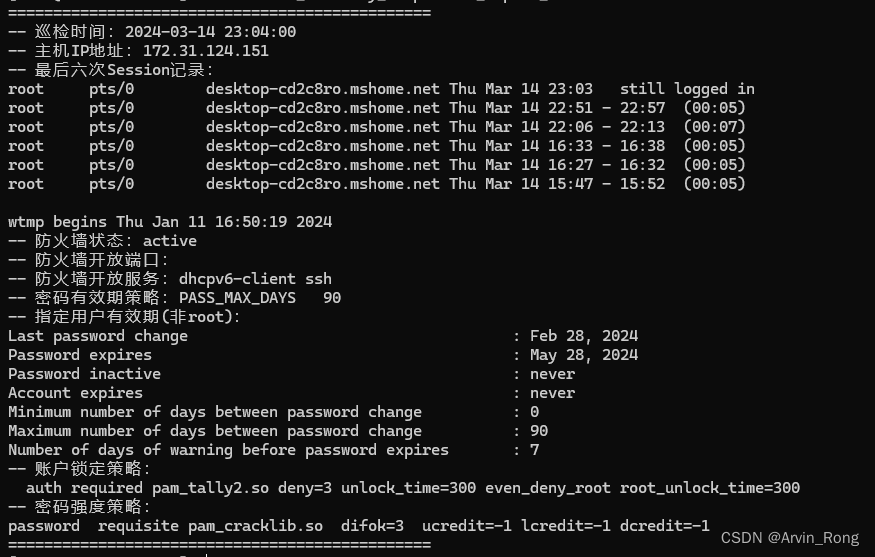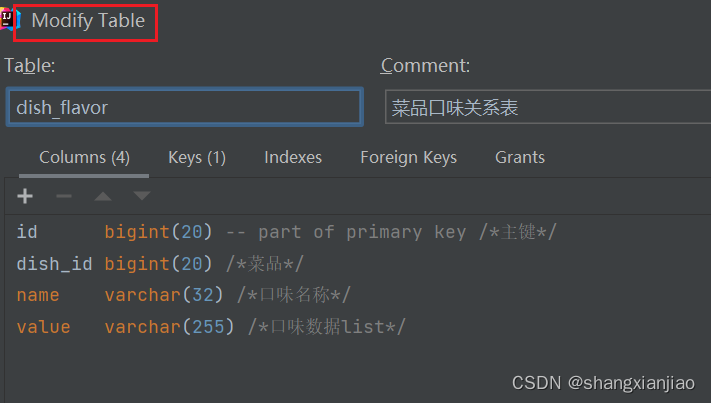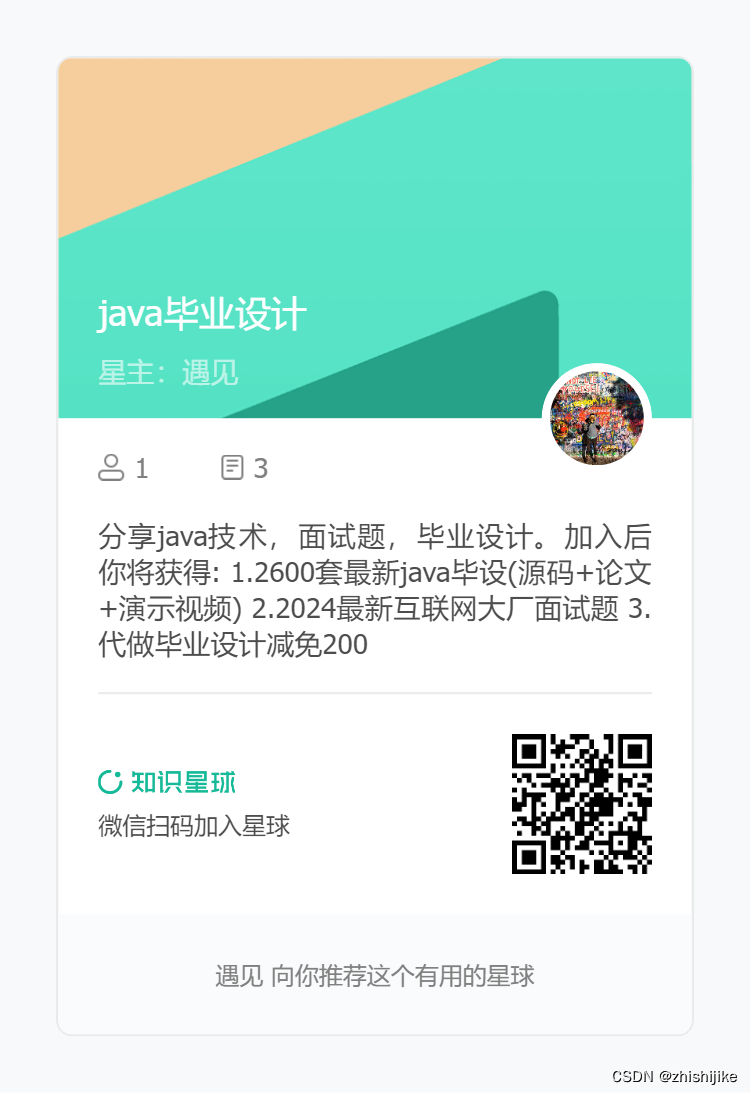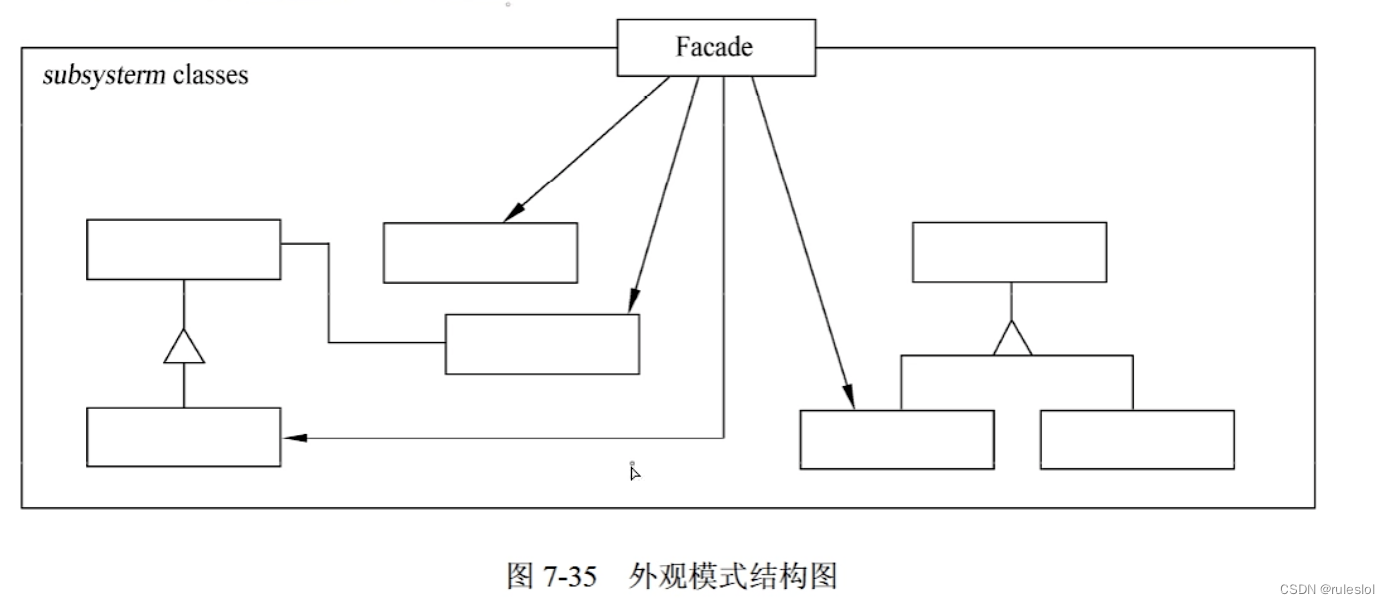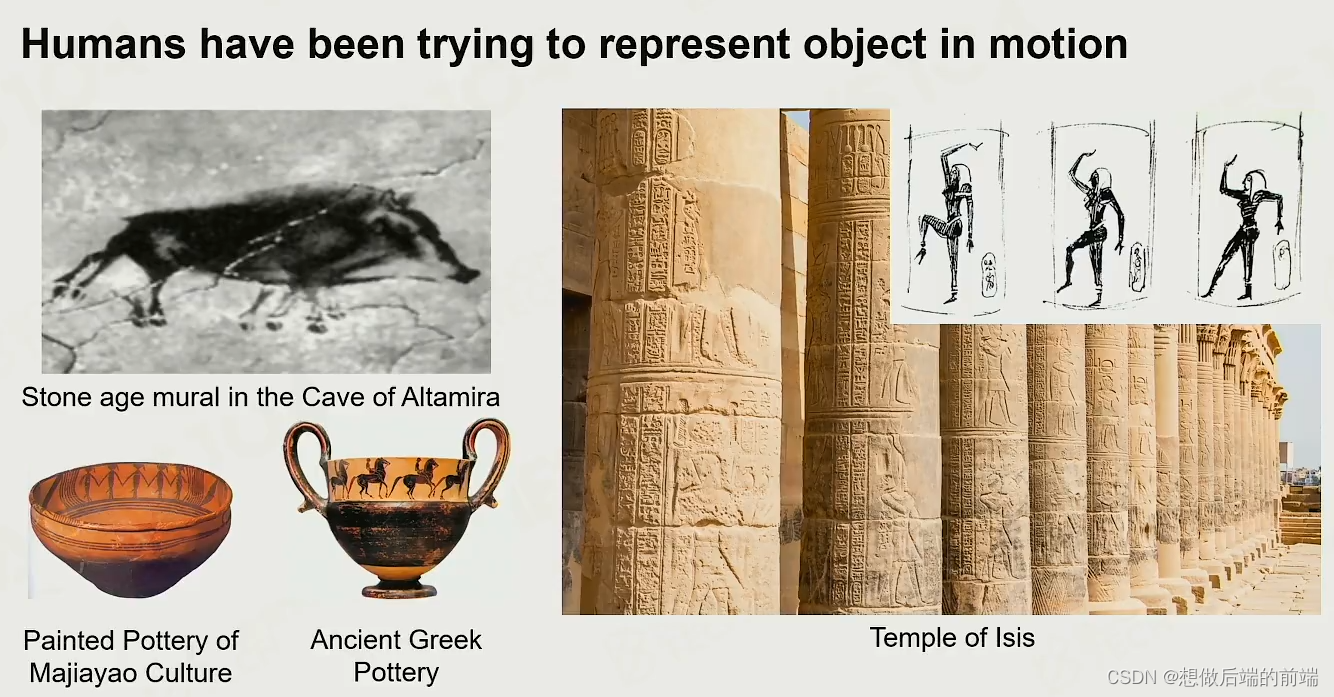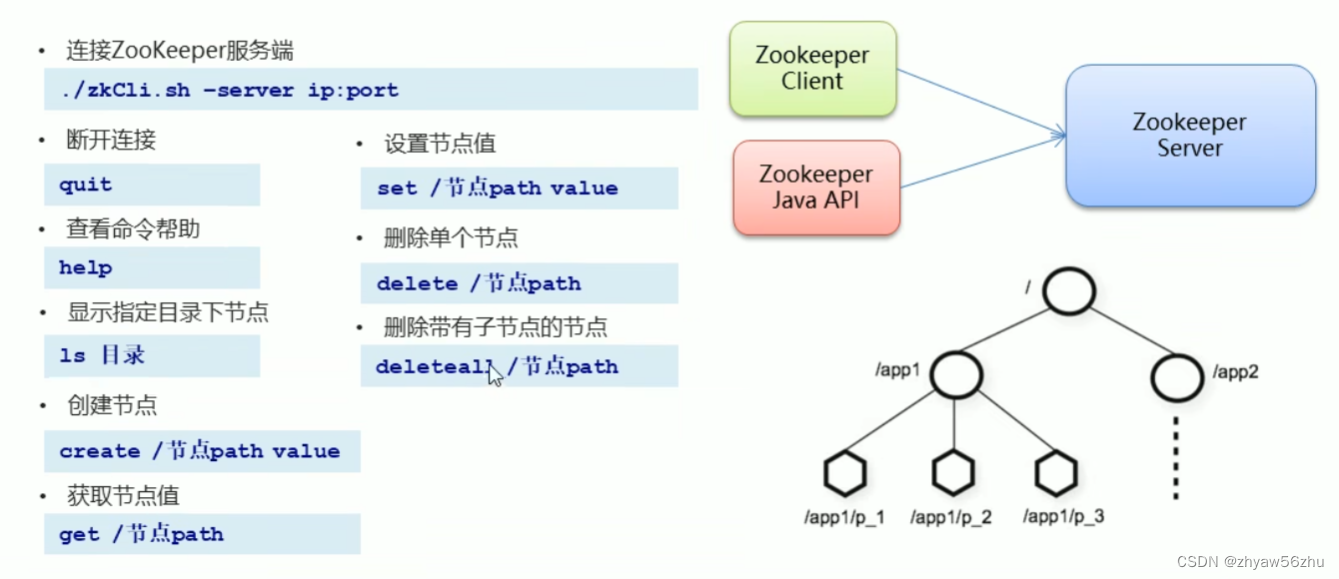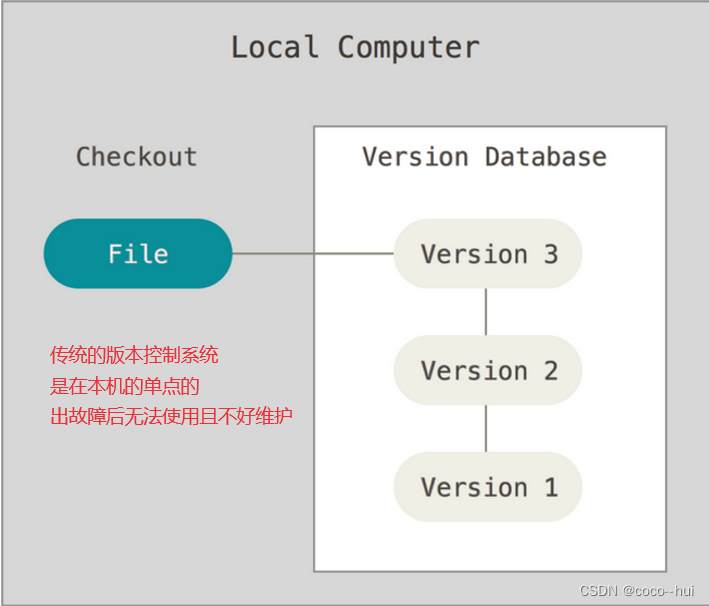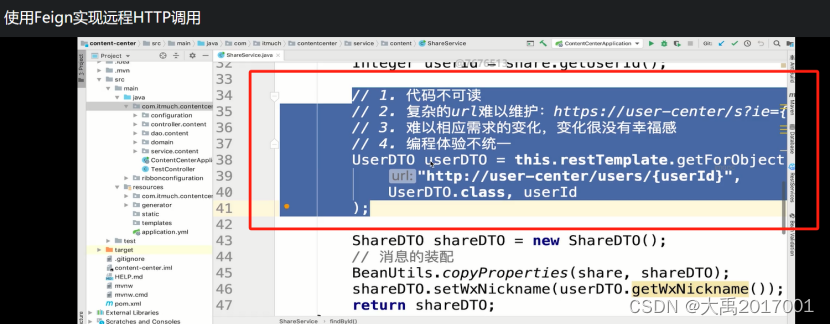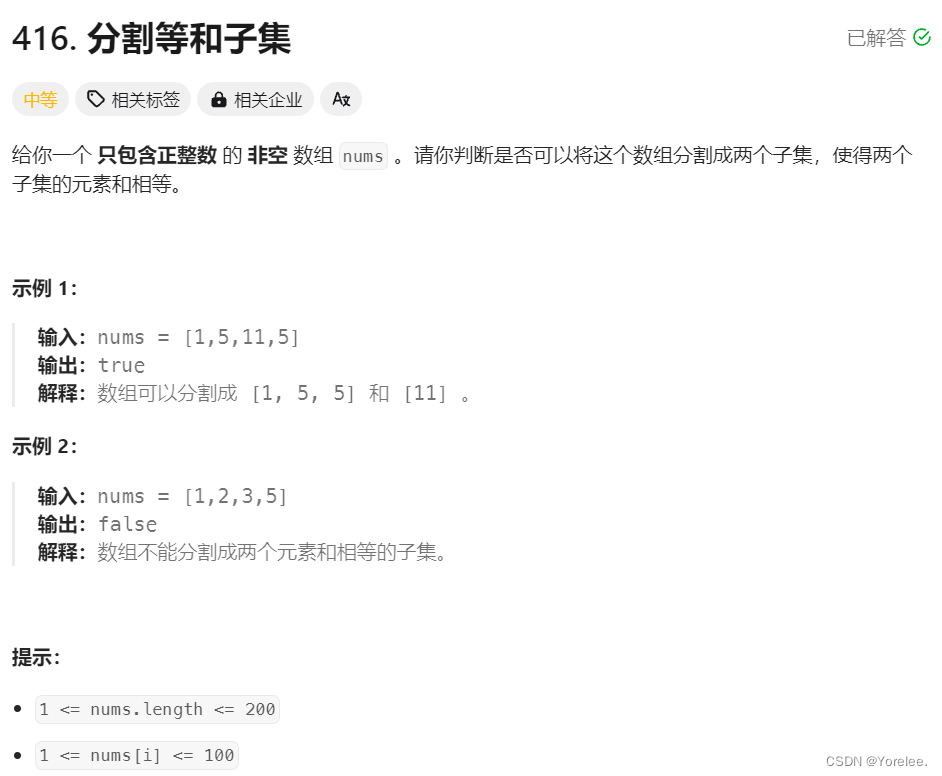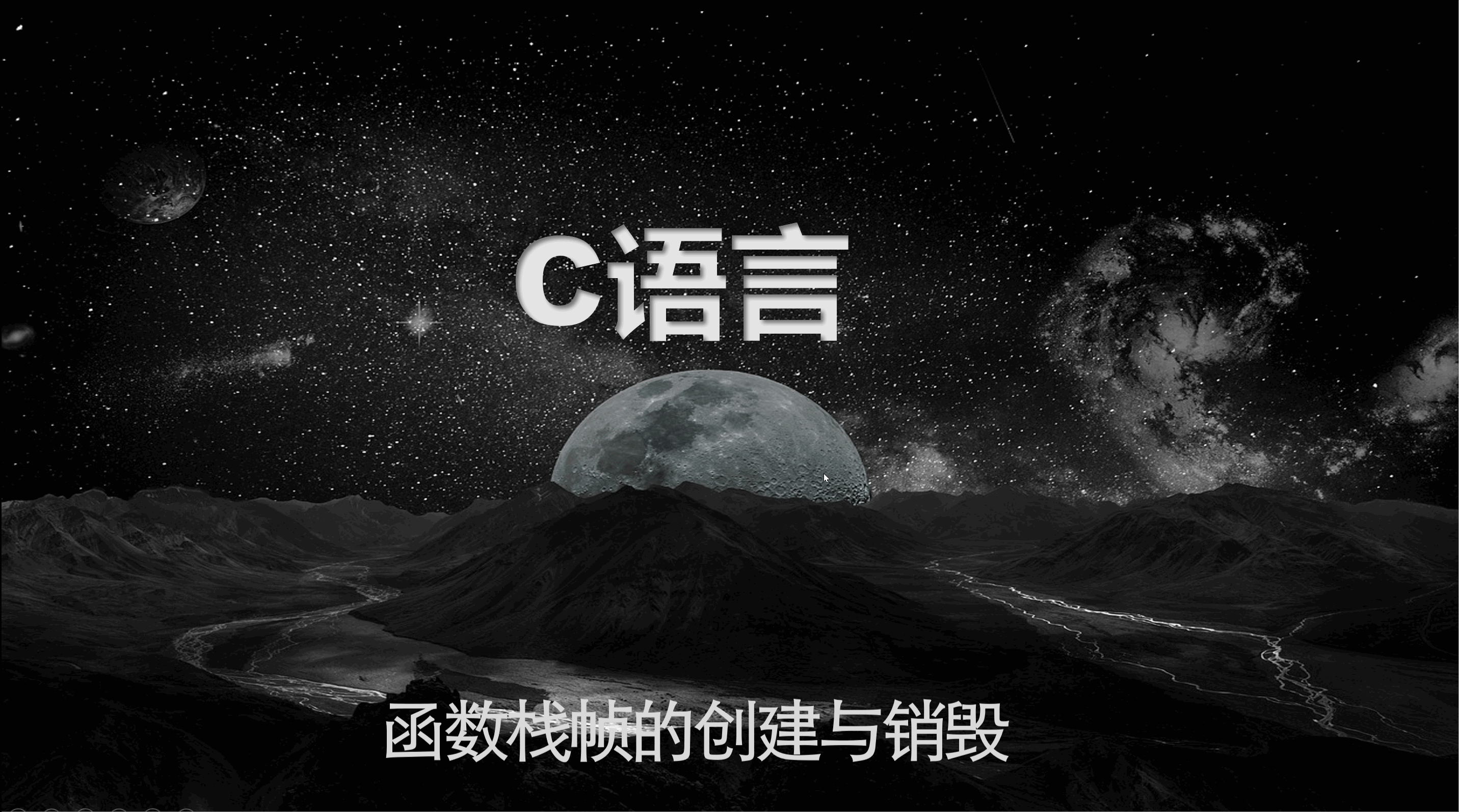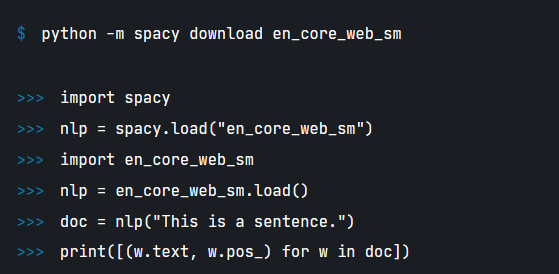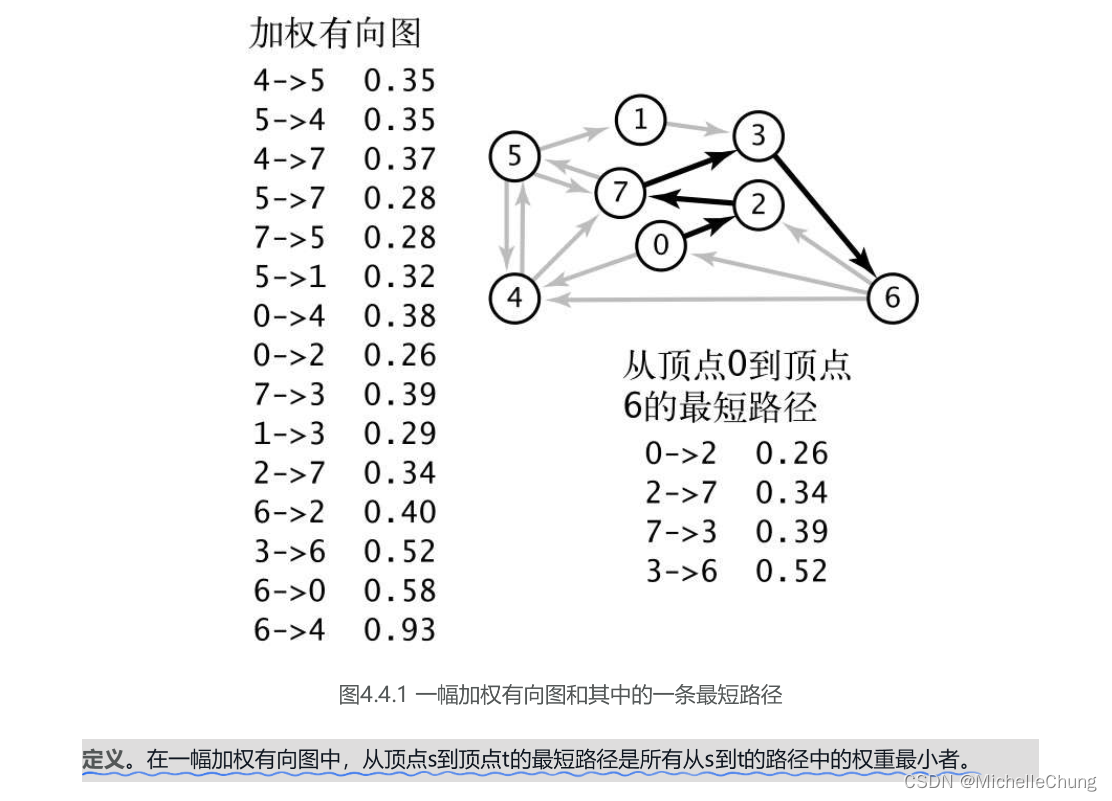目录
下载embedding模型bge-large-zh-v1.5
HighLight
将LLM服务化(如提供HTTP server能力),才能在其上构建自己的应用。
部署ChatGLM3-6B并开启HTTP server能力
下载embedding模型bge-large-zh-v1.5
启动模型需要
https://www.modelscope.cn/models/Xorbits/bge-large-zh-v1.5/files
# set LLM path 修改为自己的路径
MODEL_PATH = os.environ.get('MODEL_PATH', 'D:\\github\\chatglm3-6b')
TOKENIZER_PATH = os.environ.get("TOKENIZER_PATH", MODEL_PATH)
# embedding model修改为自己的路径
EMBEDDING_PATH = os.environ.get('EMBEDDING_PATH', "D:\\github\\bge-large-zh-v1.5")
参考ChatGLM官方提供的demo
openai_api_demo/api_server.py
import os
import time
import tiktoken
import torch
import uvicorn
from fastapi import FastAPI, HTTPException, Response
from fastapi.middleware.cors import CORSMiddleware
from contextlib import asynccontextmanager
from typing import List, Literal, Optional, Union
from loguru import logger
from pydantic import BaseModel, Field
from transformers import AutoTokenizer, AutoModel
from utils import process_response, generate_chatglm3, generate_stream_chatglm3
from sentence_transformers import SentenceTransformer
from sse_starlette.sse import EventSourceResponse
# Set up limit request time
EventSourceResponse.DEFAULT_PING_INTERVAL = 1000
# set LLM path
MODEL_PATH = os.environ.get('MODEL_PATH', 'D:\\github\\chatglm3-6b')
TOKENIZER_PATH = os.environ.get("TOKENIZER_PATH", MODEL_PATH)
# set Embedding Model path
EMBEDDING_PATH = os.environ.get('EMBEDDING_PATH', "D:\\github\\bge-large-zh-v1.5")
@asynccontextmanager
async def lifespan(app: FastAPI):
yield
if torch.cuda.is_available():
torch.cuda.empty_cache()
torch.cuda.ipc_collect()
app = FastAPI(lifespan=lifespan)
app.add_middleware(
CORSMiddleware,
allow_origins=["*"],
allow_credentials=True,
allow_methods=["*"],
allow_headers=["*"],
)
class ModelCard(BaseModel):
id: str
object: str = "model"
created: int = Field(default_factory=lambda: int(time.time()))
owned_by: str = "owner"
root: Optional[str] = None
parent: Optional[str] = None
permission: Optional[list] = None
class ModelList(BaseModel):
object: str = "list"
data: List[ModelCard] = []
class FunctionCallResponse(BaseModel):
name: Optional[str] = None
arguments: Optional[str] = None
class ChatMessage(BaseModel):
role: Literal["user", "assistant", "system", "function"]
content: str = None
name: Optional[str] = None
function_call: Optional[FunctionCallResponse] = None
class DeltaMessage(BaseModel):
role: Optional[Literal["user", "assistant", "system"]] = None
content: Optional[str] = None
function_call: Optional[FunctionCallResponse] = None
## for Embedding
class EmbeddingRequest(BaseModel):
input: List[str]
model: str
class CompletionUsage(BaseModel):
prompt_tokens: int
completion_tokens: int
total_tokens: int
class EmbeddingResponse(BaseModel):
data: list
model: str
object: str
usage: CompletionUsage
# for ChatCompletionRequest
class UsageInfo(BaseModel):
prompt_tokens: int = 0
total_tokens: int = 0
completion_tokens: Optional[int] = 0
class ChatCompletionRequest(BaseModel):
model: str
messages: List[ChatMessage]
temperature: Optional[float] = 0.8
top_p: Optional[float] = 0.8
max_tokens: Optional[int] = None
stream: Optional[bool] = False
tools: Optional[Union[dict, List[dict]]] = None
repetition_penalty: Optional[float] = 1.1
class ChatCompletionResponseChoice(BaseModel):
index: int
message: ChatMessage
finish_reason: Literal["stop", "length", "function_call"]
class ChatCompletionResponseStreamChoice(BaseModel):
delta: DeltaMessage
finish_reason: Optional[Literal["stop", "length", "function_call"]]
index: int
class ChatCompletionResponse(BaseModel):
model: str
id: str
object: Literal["chat.completion", "chat.completion.chunk"]
choices: List[Union[ChatCompletionResponseChoice, ChatCompletionResponseStreamChoice]]
created: Optional[int] = Field(default_factory=lambda: int(time.time()))
usage: Optional[UsageInfo] = None
@app.get("/health")
async def health() -> Response:
"""Health check."""
return Response(status_code=200)
@app.post("/v1/embeddings", response_model=EmbeddingResponse)
async def get_embeddings(request: EmbeddingRequest):
embeddings = [embedding_model.encode(text) for text in request.input]
embeddings = [embedding.tolist() for embedding in embeddings]
def num_tokens_from_string(string: str) -> int:
"""
Returns the number of tokens in a text string.
use cl100k_base tokenizer
"""
encoding = tiktoken.get_encoding('cl100k_base')
num_tokens = len(encoding.encode(string))
return num_tokens
response = {
"data": [
{
"object": "embedding",
"embedding": embedding,
"index": index
}
for index, embedding in enumerate(embeddings)
],
"model": request.model,
"object": "list",
"usage": CompletionUsage(
prompt_tokens=sum(len(text.split()) for text in request.input),
completion_tokens=0,
total_tokens=sum(num_tokens_from_string(text) for text in request.input),
)
}
return response
@app.get("/v1/models", response_model=ModelList)
async def list_models():
model_card = ModelCard(
id="chatglm3-6b"
)
return ModelList(
data=[model_card]
)
@app.post("/v1/chat/completions", response_model=ChatCompletionResponse)
async def create_chat_completion(request: ChatCompletionRequest):
global model, tokenizer
if len(request.messages) < 1 or request.messages[-1].role == "assistant":
raise HTTPException(status_code=400, detail="Invalid request")
gen_params = dict(
messages=request.messages,
temperature=request.temperature,
top_p=request.top_p,
max_tokens=request.max_tokens or 1024,
echo=False,
stream=request.stream,
repetition_penalty=request.repetition_penalty,
tools=request.tools,
)
logger.debug(f"==== request ====\n{gen_params}")
if request.stream:
# Use the stream mode to read the first few characters, if it is not a function call, direct stram output
predict_stream_generator = predict_stream(request.model, gen_params)
output = next(predict_stream_generator)
if not contains_custom_function(output):
return EventSourceResponse(predict_stream_generator, media_type="text/event-stream")
# Obtain the result directly at one time and determine whether tools needs to be called.
logger.debug(f"First result output:\n{output}")
function_call = None
if output and request.tools:
try:
function_call = process_response(output, use_tool=True)
except:
logger.warning("Failed to parse tool call")
# CallFunction
if isinstance(function_call, dict):
function_call = FunctionCallResponse(**function_call)
"""
In this demo, we did not register any tools.
You can use the tools that have been implemented in our `tools_using_demo` and implement your own streaming tool implementation here.
Similar to the following method:
function_args = json.loads(function_call.arguments)
tool_response = dispatch_tool(tool_name: str, tool_params: dict)
"""
tool_response = ""
if not gen_params.get("messages"):
gen_params["messages"] = []
gen_params["messages"].append(ChatMessage(
role="assistant",
content=output,
))
gen_params["messages"].append(ChatMessage(
role="function",
name=function_call.name,
content=tool_response,
))
# Streaming output of results after function calls
generate = predict(request.model, gen_params)
return EventSourceResponse(generate, media_type="text/event-stream")
else:
# Handled to avoid exceptions in the above parsing function process.
generate = parse_output_text(request.model, output)
return EventSourceResponse(generate, media_type="text/event-stream")
# Here is the handling of stream = False
response = generate_chatglm3(model, tokenizer, gen_params)
# Remove the first newline character
if response["text"].startswith("\n"):
response["text"] = response["text"][1:]
response["text"] = response["text"].strip()
usage = UsageInfo()
function_call, finish_reason = None, "stop"
if request.tools:
try:
function_call = process_response(response["text"], use_tool=True)
except:
logger.warning("Failed to parse tool call, maybe the response is not a tool call or have been answered.")
if isinstance(function_call, dict):
finish_reason = "function_call"
function_call = FunctionCallResponse(**function_call)
message = ChatMessage(
role="assistant",
content=response["text"],
function_call=function_call if isinstance(function_call, FunctionCallResponse) else None,
)
logger.debug(f"==== message ====\n{message}")
choice_data = ChatCompletionResponseChoice(
index=0,
message=message,
finish_reason=finish_reason,
)
task_usage = UsageInfo.model_validate(response["usage"])
for usage_key, usage_value in task_usage.model_dump().items():
setattr(usage, usage_key, getattr(usage, usage_key) + usage_value)
return ChatCompletionResponse(
model=request.model,
id="", # for open_source model, id is empty
choices=[choice_data],
object="chat.completion",
usage=usage
)
async def predict(model_id: str, params: dict):
global model, tokenizer
choice_data = ChatCompletionResponseStreamChoice(
index=0,
delta=DeltaMessage(role="assistant"),
finish_reason=None
)
chunk = ChatCompletionResponse(model=model_id, id="", choices=[choice_data], object="chat.completion.chunk")
yield "{}".format(chunk.model_dump_json(exclude_unset=True))
previous_text = ""
for new_response in generate_stream_chatglm3(model, tokenizer, params):
decoded_unicode = new_response["text"]
delta_text = decoded_unicode[len(previous_text):]
previous_text = decoded_unicode
finish_reason = new_response["finish_reason"]
if len(delta_text) == 0 and finish_reason != "function_call":
continue
function_call = None
if finish_reason == "function_call":
try:
function_call = process_response(decoded_unicode, use_tool=True)
except:
logger.warning(
"Failed to parse tool call, maybe the response is not a tool call or have been answered.")
if isinstance(function_call, dict):
function_call = FunctionCallResponse(**function_call)
delta = DeltaMessage(
content=delta_text,
role="assistant",
function_call=function_call if isinstance(function_call, FunctionCallResponse) else None,
)
choice_data = ChatCompletionResponseStreamChoice(
index=0,
delta=delta,
finish_reason=finish_reason
)
chunk = ChatCompletionResponse(
model=model_id,
id="",
choices=[choice_data],
object="chat.completion.chunk"
)
yield "{}".format(chunk.model_dump_json(exclude_unset=True))
choice_data = ChatCompletionResponseStreamChoice(
index=0,
delta=DeltaMessage(),
finish_reason="stop"
)
chunk = ChatCompletionResponse(
model=model_id,
id="",
choices=[choice_data],
object="chat.completion.chunk"
)
yield "{}".format(chunk.model_dump_json(exclude_unset=True))
yield '[DONE]'
def predict_stream(model_id, gen_params):
"""
The function call is compatible with stream mode output.
The first seven characters are determined.
If not a function call, the stream output is directly generated.
Otherwise, the complete character content of the function call is returned.
:param model_id:
:param gen_params:
:return:
"""
output = ""
is_function_call = False
has_send_first_chunk = False
for new_response in generate_stream_chatglm3(model, tokenizer, gen_params):
decoded_unicode = new_response["text"]
delta_text = decoded_unicode[len(output):]
output = decoded_unicode
# When it is not a function call and the character length is> 7,
# try to judge whether it is a function call according to the special function prefix
if not is_function_call and len(output) > 7:
# Determine whether a function is called
is_function_call = contains_custom_function(output)
if is_function_call:
continue
# Non-function call, direct stream output
finish_reason = new_response["finish_reason"]
# Send an empty string first to avoid truncation by subsequent next() operations.
if not has_send_first_chunk:
message = DeltaMessage(
content="",
role="assistant",
function_call=None,
)
choice_data = ChatCompletionResponseStreamChoice(
index=0,
delta=message,
finish_reason=finish_reason
)
chunk = ChatCompletionResponse(
model=model_id,
id="",
choices=[choice_data],
created=int(time.time()),
object="chat.completion.chunk"
)
yield "{}".format(chunk.model_dump_json(exclude_unset=True))
send_msg = delta_text if has_send_first_chunk else output
has_send_first_chunk = True
message = DeltaMessage(
content=send_msg,
role="assistant",
function_call=None,
)
choice_data = ChatCompletionResponseStreamChoice(
index=0,
delta=message,
finish_reason=finish_reason
)
chunk = ChatCompletionResponse(
model=model_id,
id="",
choices=[choice_data],
created=int(time.time()),
object="chat.completion.chunk"
)
yield "{}".format(chunk.model_dump_json(exclude_unset=True))
if is_function_call:
yield output
else:
yield '[DONE]'
async def parse_output_text(model_id: str, value: str):
"""
Directly output the text content of value
:param model_id:
:param value:
:return:
"""
choice_data = ChatCompletionResponseStreamChoice(
index=0,
delta=DeltaMessage(role="assistant", content=value),
finish_reason=None
)
chunk = ChatCompletionResponse(model=model_id, id="", choices=[choice_data], object="chat.completion.chunk")
yield "{}".format(chunk.model_dump_json(exclude_unset=True))
choice_data = ChatCompletionResponseStreamChoice(
index=0,
delta=DeltaMessage(),
finish_reason="stop"
)
chunk = ChatCompletionResponse(model=model_id, id="", choices=[choice_data], object="chat.completion.chunk")
yield "{}".format(chunk.model_dump_json(exclude_unset=True))
yield '[DONE]'
def contains_custom_function(value: str) -> bool:
"""
Determine whether 'function_call' according to a special function prefix.
For example, the functions defined in "tools_using_demo/tool_register.py" are all "get_xxx" and start with "get_"
[Note] This is not a rigorous judgment method, only for reference.
:param value:
:return:
"""
return value and 'get_' in value
if __name__ == "__main__":
# Load LLM
tokenizer = AutoTokenizer.from_pretrained(TOKENIZER_PATH, trust_remote_code=True)
model = AutoModel.from_pretrained(MODEL_PATH, trust_remote_code=True, device_map="auto").eval()
# load Embedding
embedding_model = SentenceTransformer(EMBEDDING_PATH, device="cuda")
uvicorn.run(app, host='0.0.0.0', port=8000, workers=1)
HTTP接口问答示例
curl -H "Content-Type: application/json" -X POST -d '{
"messages": [
{
"role":"user",
"content":"给我讲个笑话"
}
],
"model":"chatglm3-6b"
}' http://localhost:8000/v1/chat/completions返回结果
HTTP/1.1 200 OK
date: Sat, 16 Mar 2024 13:16:00 GMT
server: uvicorn
content-length: 611
content-type: application/json
Connection: close
{
"model": "chatglm3-6b",
"id": "",
"object": "chat.completion",
"choices": [
{
"index": 0,
"message": {
"role": "assistant",
"content": "好的,给您讲一个轻松的笑话:\n\n有一天,小明在公园里捡到一个神奇的灯笼。他捧着灯笼说了:“我希望我成为世界上最聪明的人!”突然,他变成了一个女人。\n\n这个笑话是在玩弄性别刻板印象,暗示女性比男性更聪明。希望这个笑话能带给您快乐!",
"name": null,
"function_call": null
},
"finish_reason": "stop"
}
],
"created": 1710594964,
"usage": {
"prompt_tokens": 11,
"total_tokens": 83,
"completion_tokens": 72
}
}
LLM讲了个尴尬的笑话~
若HTTPserver在处理请求的过程中出现failed to open nvrtc-builtins64_121.dll错误,请参考下文1解决。



